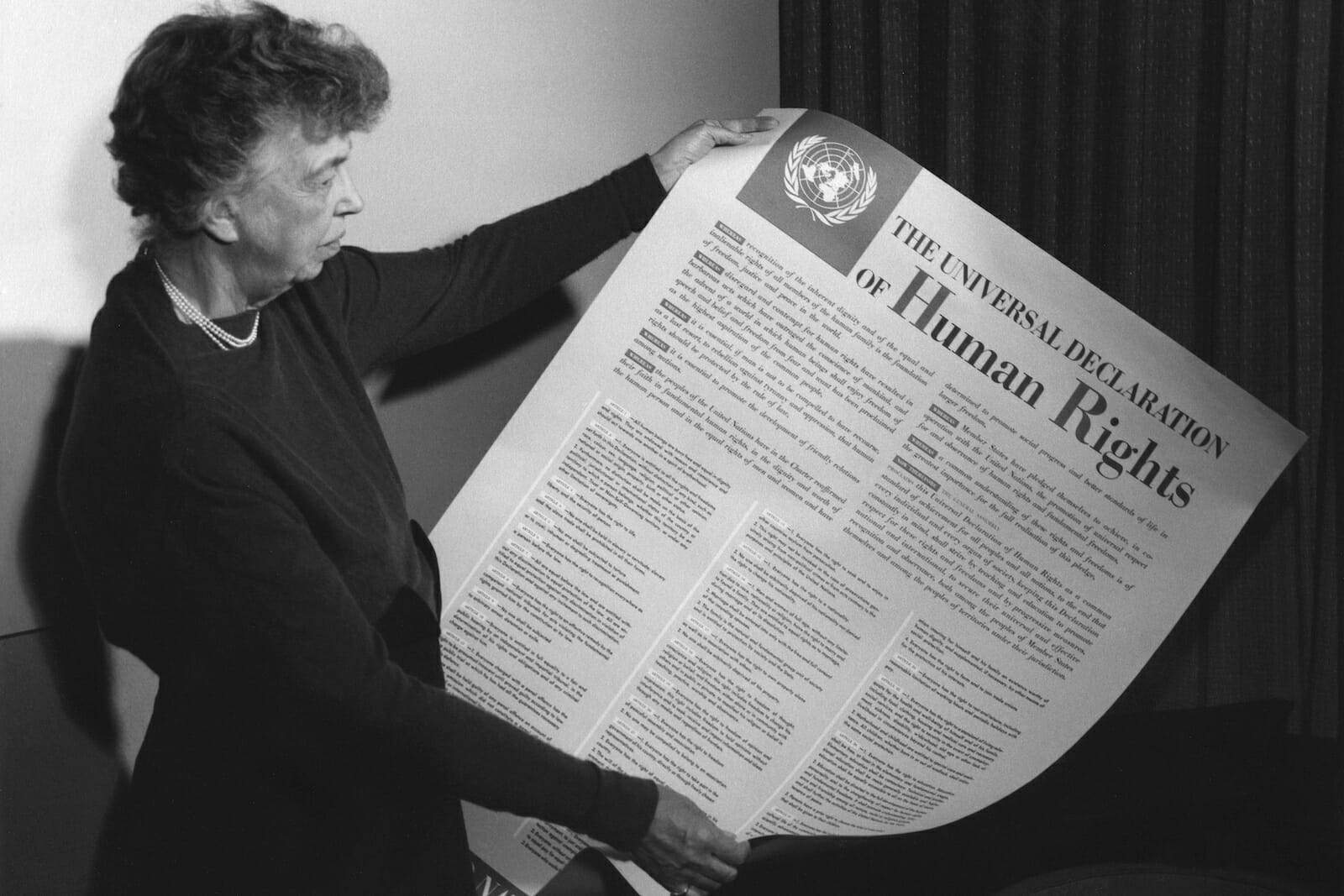Digital Resistence
‘As communities of awareness grow, so do the margins of inhumanity lessen’
I wrote the words above many years ago as a manifesto for my life. A simple way to remind myself of the core principle of living a better life, not a perfect life, but at least one focused on freedom, compassion and change. I have made many mistakes since I wrote those words and have not always focused on the compassion I was trying to highlight. Yet I have created many positive changes in my life, and inspired them in others. In order to live a compassionate and more ethical life we have to constantly grow, to see our shortcomings, and to know when we need to change. The world of digital control and influence has been one area that has always felt problematic for me.
Since I first became aware of mass surveillance by governments and corporations worldwide in around the year 2000 I have been concerned about the implications for freedom, dissent and human rights. Privacy is an important human right and is essential for effective activism and democracy, as well as moving towards a free society. Article 12 of the Universal Declaration of Human Rights states:
No one shall be subjected to arbitrary interference with his privacy, family, home or correspondence, nor to attacks upon his honour and reputation. Everyone has the right to the protection of the law against such interference or attacks.
This is further highlighted by Article 17 of the International Covenant on Civil and Political Rights, which states:
No one shall be subjected to arbitrary or unlawful interference with his privacy, family, home or correspondence, nor to unlawful attacks on his honour and reputation. Everyone has the right to the protection of the law against such interference or attacks.
Consider those rights as I highlight the power that is given to Facebook, Google, Amazon, Windows, Apple and others. It is clear from even a cursory look that Google and others violate the right to privacy of people across the globe on a level never seen before. Their actions far exceed Orwell’s dystopian novel, Nineteen Eighty Four. These major technology companies (and others) are violating our right to privacy every second of every day, ‘if’ we choose to use their products. To be clear, there is no way to use these apps and operating systems with genuine and reliable privacy. Later in this article I will explore better alternatives and options we have to live more congruently, both digitally and physically.
At this point many will argue that they have nothing to hide, or that they don’t care about privacy. This is unfortunate as the violation of privacy is used all over the world to control and oppress. Censorship, limits to freedom of speech or expression, access to information, and personal freedom, are tools used in oppressive countries like Eritrea, North Korea, China and Belarus. These countries may seem far off to British or American readers, but sites like Facebook have been used to manipulate our political landscape in different, but just as problematic ways.
For example, starting in 2016 AggregateIQ and Cambridge Analytica exploited data from Facebook to manipulate the outcome of the Leave EU referendum campaign in the UK and the Donald Trump presidential campaign in the US. This shows how personal data can potentially be exploited to change the world in which we live.
Sites such as Facebook, and Google owned YouTube, have also been instrumental in spreading false and misleading information of the type popular with misguided or dishonest conspiracy theorists like David Icke or Alex Jones. Scientifically focused fact checking and taking time to consider the situations we are faced with is essential, yet this is the exact opposite of how most social media platforms work today.
When social media platforms attempt to address public concerns over false information they simply opt to censor, which only adds to conspiratorial thinking.
If we opt to remove social media as our access point for information, news and articles, we can choose NGOs, scientific sources like PubMed or properly referenced balanced academic research to get our information. We can return to reading books and taking our knowledge from peer reviewed studies, rather than self appointed arbiters of ‘truth’ such as those with undisclosed agendas, or commercially or culturally biased media outlets.
I should point out I am not a supporter of government, authoritarianism or the State, I am an anarchist (meaning I focus on freedom, cooperation and equality). I am not advocating blind trust in any authority. I am advocating caution, consideration, physical evidence over words, and applying the scientific method to our thinking and sources as much as is practical and possible.
In the UK, the current government has become the only Western developed democracy to write into law a charter that violates the privacy rights of citizens. With the implementation of the Investigatory Powers Act 2016, Conservative MP's Theresa May, as Home Secretary, and Frederick Curzon, 7th Earl Howe, gave the police and intelligence agencies the power to collect personal data at a level that I believe clearly subjects people to arbitrary interference with their privacy and correspondence.
Beyond the wider implications to our political informational landscape, the collection of our personal data is also a risk to our general security. Leaks of data that is stored about us are common across the internet and can lead to identity theft fraud and other crimes against us.
All of this leads me to conclude I cannot continue to give consent to these organisations to collect and exploit my personal information.
Practical Steps
I am not going to cover every possible option, but I will give you some of the easier options to get you started if you are unfamiliar with the area of digital privacy and freedom. The simplest first step is to stop freely giving these companies access to your personal information. The main key to all of this is to switch to Free Open Source Software (FOSS) and keep your use of apps and social media to a minimum (digital minimalism).
Start with something easy, switch your search engine to a privacy respecting one, like Brave, Mojeek, or Duckduckgo, change your browser to Firefox with either strict or custom privacy settings, or try a browser like Brave that includes a lot of these settings by default. Get the Privacy Badger plugin from The Electronic Frontier Foundation (EFF.org), which will block trackers between websites. Get rid of Gmail and move to a more privacy respecting and encrypted option like protonmail.com or a private email system (ideally based in Switzerland). Replace Google tools like calendar, docs and drive with NextCloud. Get a good VPN (virtual private network) that will encrypt your internet use, ProtonVPN or Mullvad for example.
Consider getting rid of Microsoft Windows (or MacOS) on your laptop or desktop and switching to Linux, which is an Open Source option that is free and generally respects your privacy. Simple, easy to use options include Linux Mint, Manjaro, or the privacy focused PureOS. For phones the situation is probably worse than for computers, a 2021 study from Edinburgh and Dublin, looked at companies, including: Samsung, Xiaomi, Huawei and Realme and found major levels of spying on Android devices, even when the owner of the phone had selected not to share data. To protect yourself from such violations of your rights you can use a deGoogled phone, which will run all of your usual apps, but all the Google apps and trackers have been removed (or diverted). The easiest option is /e/ foundation’s /e/OS (it also came out best in the afore mentioned study), which is a very user friendly phone system, and runs on the more ethical Fairphone (a repairable and fair trade phone). The /e/ foundation also have their own free app store that rates apps for privacy as well as general scores. There is also GrapheneOS, which is more secure, but only works on Pixel phones. Another option is a Linux phone with PureOS on it, or with Manjaro from the company Pine64, or it can be installed on a more ethical device like the aforementioned Fairphone.
These steps did not take me long to implement and the result is I now live virtually free of the often toxic influences of social media (as has been shown in scientific research) and attempts by Facebook or Google to define and limit my thinking. In a society swamped in social media the political discourse often gets hijacked by conspiracies and almost irrelevant attacks on minor issues, meanwhile we sleepwalk into a surveillance culture that erodes our fundamental freedoms, mental health and rights.
As Mohandas Gandhi famously said, “be the change you want to see in the world”, it will set in motion a path to greater inner peace and freedom.

